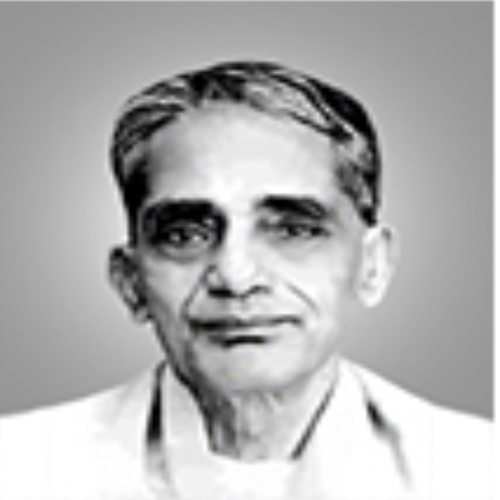Early Life
Biswanath Das was born in 1889 in the Belagan village of Ganjam district in the erstwhile Madras Presidency. He obtained his law degree from Calcutta University, after which he went to Berhampur to practice. There, Das worked to empower tenant farmers (ryots) who were forced to pay taxes to the Zamindars or landowners. He formed a ryot union in the Madras Presidency.
Das represented Ganjam district in the Madras Legislative Council from 1921 to 1930. After the district was merged with the newly-created Orissa province in 1936, Das became a member of the Orissa Legislative Assembly. In 1937, he was appointed as Prime Minister of Orissa and he held this position until 1939.
Role in India’s Independence Movement
Das resigned from the Madras Legislative Council to join the Salt Satyagraha. He was an active participant in the freedom movement and was later imprisoned for his role in the Quit India movement in 1942.
Contribution to Constitution Making
He was elected to the Constituent Assembly from Orissa on a Congress party ticket. Das made several important interventions in the Assembly, on topics ranging from emergency provisions to the distribution of revenue.
Later Contributions
He served as the Governor of Uttar Pradesh from 16th April 1962 to 30th April 1967. Das was chosen as the leader of the United Front coalition government in 1971 and thus became the Chief Minister of Orissa. He held this post until 1972.
Das passed away on 2nd June 1984.
- Das advocated for fair distribution of revenues between provinces, arguing that high-earning provinces should share their wealth with less-developed regions.
- He opposed Draft Article 277 (Article 354) which allowed the President to modify or make exceptions to the provisions regulating the distribution of revenues during an emergency, arguing that this could impact the autonomy of provinces and could be misused if a totalitarian party came to power.
- The Story of an Unconventional Leader & Legislator, Sri Biswanath Das, Sanghamitra Dash (2019).
- A Short Biography, Gurukalyan Mahapatra (2006).
- Biswanath Das, a tribute by Utkal University (1990).

